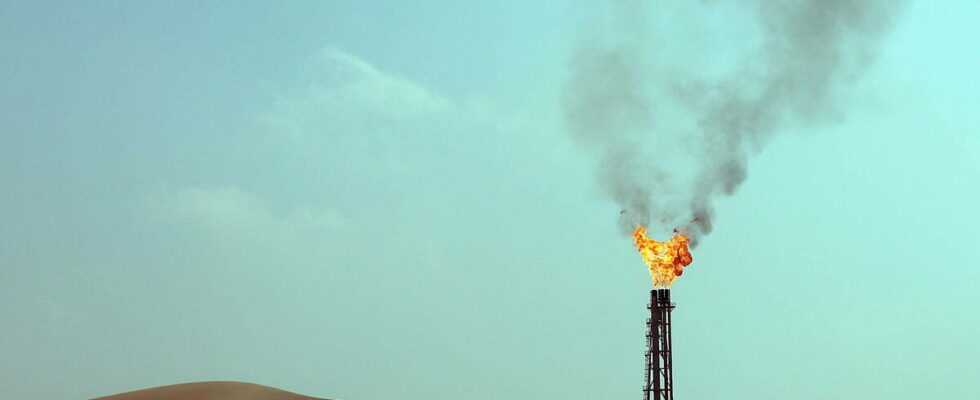Reduction of oil and coal imports, operation seduction in Qatar, use of LNG, accelerated green transition, the country is working in all directions to cut the energy cord with Russia.
Berlin puts the turbo to reduce its energy dependence. According to Robert Habeck, the Green Minister for the Economy and the Climate, Germany has “significantly accelerated the pace of decisions” in order to “free from the grip of Russian imports”. It will no longer be dependent on oil (35% of its imports) or Russian coal (45%) from the end of this year. “Companies will not renew their contracts. They will quickly change suppliers. This is unheard of !”he welcomed.
For gas, on the other hand, the situation is more complicated. Berlin’s mistake was to bet everything on cheap energy for its energy transition. The Germans even built a gas pipeline that strategically bypasses the countries of Central and Eastern Europe. Completed at the beginning of the year, the Nord Stream 2 project will never enter service.
If dependence on gas has already been reduced in March from 55% to 40%, the level of imports prohibits any embargo on Germany. “This decision would have considerable social and economic consequences”he warned, urging the Germans to save energy. “Every kilowatt-hour less harms Putin”he insists.
Courbettes in Doha
Even more than the other European countries, Germany intends to buy liquefied natural gas (LNG) from the United States (shale gas), the United Arab Emirates and above all from Qatar, an absolute monarchy in which the former president of the green party had to go kowtow. The concession is huge from an environmentalist whose training had openly campaigned against the organizer of the next football World Cup.
“There is a difference between an undemocratic state in which human rights are a problem and an authoritarian and aggressive state that is waging war on our doorstep by trampling the rules of international law”, justified the minister. “If I went to Doha, it was to reduce our dependence on Russia and put in place a new energy policy for Germany”he added.
In the absence of liquefied natural gas (LNG) terminals on its coasts, Germany has launched headlong into the construction of two projects in the North Sea. But they will require at least four years of work. The gateway solution will be that of floating regasification terminals, highly sought after by Europeans, which could come into service as early as winter 2022-2023.
“Huge effort”
Finally, to anticipate a counter-sanction from Moscow (definitive stoppage of gas deliveries), the ecologist is ready to postpone the abandonment of coal. Germany will leave on stand-by the power plants that were supposed to close. “We are already doing it”assured Habeck.
The end of dependence on Russian gas will depend above all on the speed at which Germany will carry out its energy transition, which implies an acceleration of investments in renewables and in hydrogen power plants. “Our independence will come at the cost of a huge effort on the part of companies, public authorities and households”, insisted Robert Habeck. In this scenario only, Habeck counts on a “release” in the summer of 2024.
